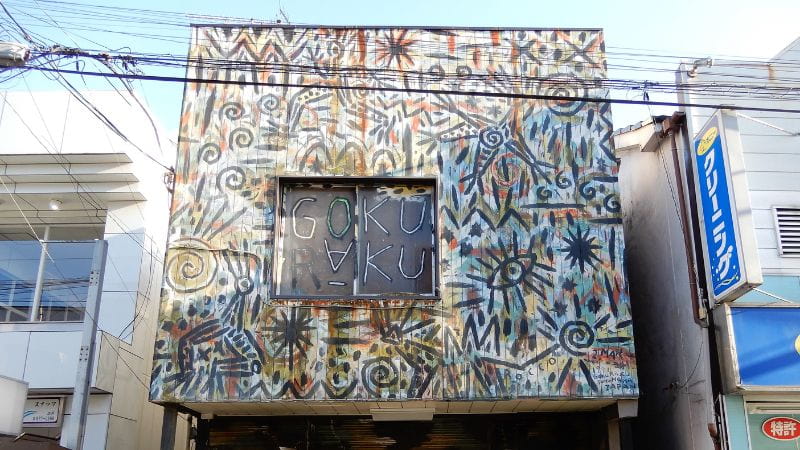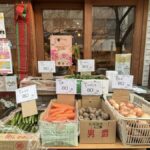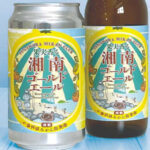
Vergleichen wir zunächst die Wandmalereien der beiden Geschäfte, indem wir das „GOKURAKU“ in Hakuraku besuchen.
Wie bereits berichtet, wird das Jazz-Café Chigusa in Noge für eine Neueröffnung abgerissen, so dass es nicht mehr möglich ist, die Außenwände zu sehen.
Deshalb habe ich beschlossen, den Plattenladen „GOKURAKU“ in Hakuraku zu fotografieren, wo das Wandbild noch existiert.

Der Laden befand sich direkt vor dem Westausgang des Bahnhofs Hakuraku an der Tokyu Toyoko Line.

Davor die ehemalige Kreuzung der Tsurumai-Autobahn.
About: GOKURAKU
Gokuraku, translated as „paradise“ in Japanese, often refers to the concept of a heavenly realm in Buddhist beliefs. It is depicted as a place of bliss and peace, free from earthly suffering and filled with happiness. The idea of Gokuraku is significant in various sects of Buddhism, including Pure Land Buddhism, where it is central to the faith’s focus on salvation and enlightenment through the grace of Amitabha Buddha.
About: Chigusa
Chigusa is a historic Japanese tea jar, originally used in China for storing tea leaves before becoming highly prized in Japan’s tea culture during the 16th century. The vessel, notable for its large size and distinctive appearance with a brown and olive-green glaze, became an individualized object of appreciation among Japanese tea practitioners. Over centuries, Chigusa has been admired, named, and documented meticulously, embodying the deep aesthetic and philosophical value placed on tea ceremony utensils in Japan.





